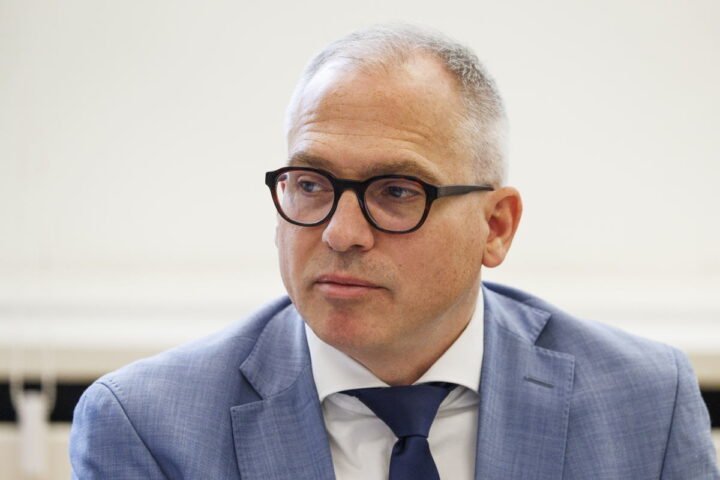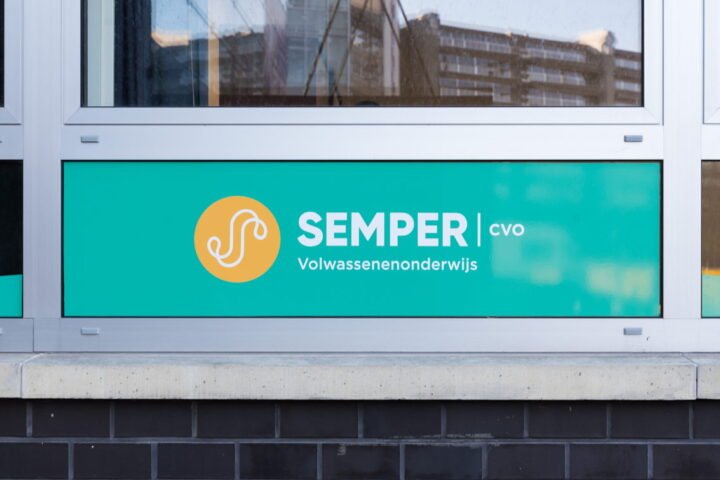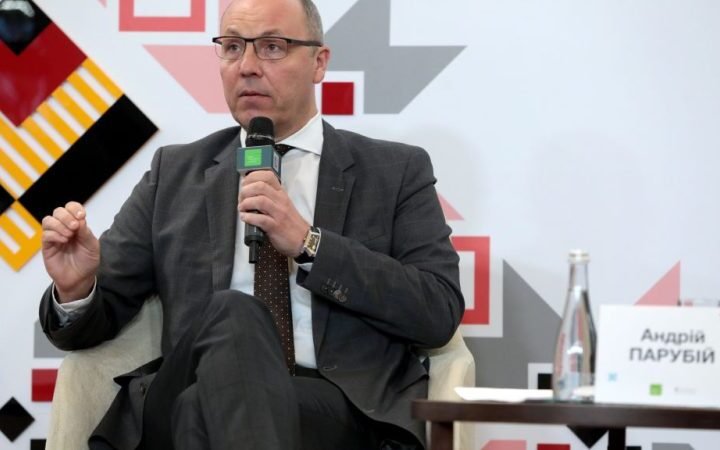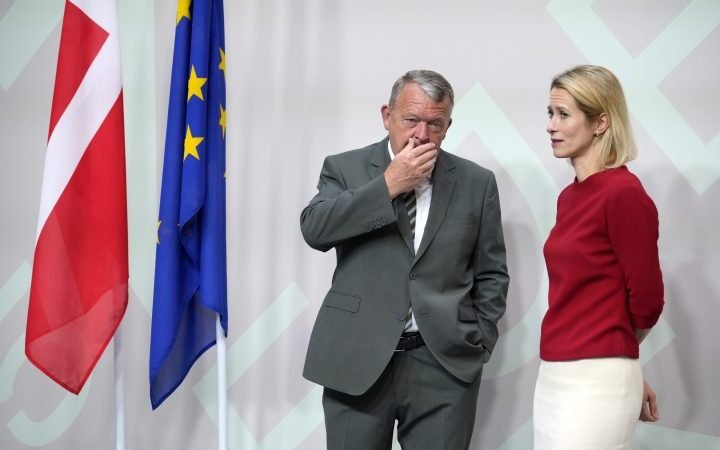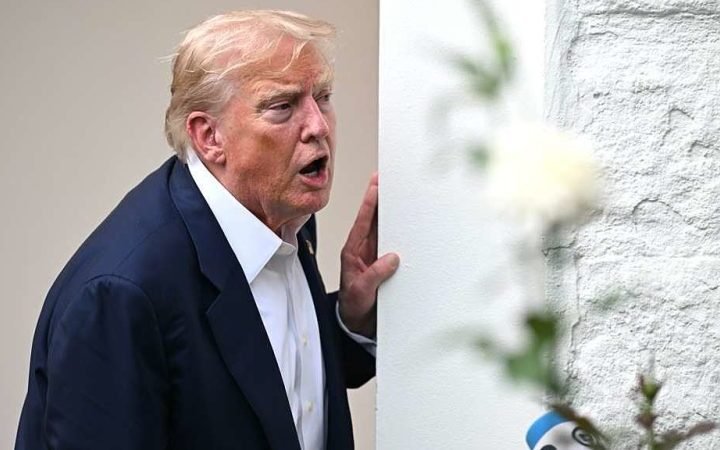Hungarian Prime Minister Viktor Orbán is haunted by the fear of losing power — and is grasping at every possible straw to keep it.
Against a backdrop of recession, a devalued forint, rising inflation, high budget deficits, a crisis of trust among European partners, and the partial freeze of EU funds, Orbán has claimed a massive conspiracy against Hungary. According to him, Ukrainian intelligence services are allegedly orchestrating a campaign to sabotage Hungary’s planned referendum on Ukraine’s EU membership.
Orbán claims that the Hungarian opposition actively participated in this “operation.” “This is unprecedented,” he declared, threatening to unleash Hungarian intelligence services against political opponents.
But this isn’t just a propaganda move — it signals that Orbán’s regime is willing to use any means necessary to maintain power: from information warfare to legislative crackdowns.
Orbán’s Method of Power Preservation
Much like Vladimir Putin, Viktor Orbán is building an authoritarian regime — replacing democratic institutions with facade structures, controlling the media, using security services against political rivals, and turning parliament into a tool for suppressing civil society. Though the scale differs, the core idea remains the same: hold onto power at any cost.
In 2017, Orbán’s government took a page from Russia’s playbook by passing a “foreign funding” law through his controlled parliament. This targeted the Soros Foundation and other NGOs critical of the regime. The European Union condemned the law, and the EU Court of Justice ruled it violated European law. Nevertheless, Orbán used this as proof of his “fight for sovereignty.”
Recently, he submitted a draft law titled “On the Transparency of Public Life,” under which a newly formed Sovereignty Protection Office could blacklist organizations receiving foreign funding — including EU grants — if deemed threats to national sovereignty.
According to Bloomberg, Orbán pledged a “spring cleaning” of foreign-funded NGOs following Donald Trump’s 2017 U.S. presidential inauguration. If passed, the new law could escalate tensions with the EU, which has already frozen billions in funding.
Orbán’s goal isn’t just to stay in power — it’s to permanently transform Hungary into a “managed democracy” à la Russia, but within the EU framework.
The Political Usefulness of Spy Scandals
Orbán has ruled Hungary since 2010. But with parliamentary elections approaching, support for his ruling Fidesz party is waning while the opposition party TISZA, led by Péter Magyar, is gaining momentum. A March Medián poll showed 46% of respondents favoring TISZA, compared to 37% for Fidesz.
The arrest of two Hungarian citizens on suspicion of spying for Ukraine offered Orbán a timely excuse to rally his base. Authorities portrayed the incident as an “unprecedented attack on Hungarian democracy.” Yet, no concrete evidence of a Ukrainian operation was presented — and none was expected. The goal was to create a media climate in which Orbán appears as the victim of foreign aggression.
This allows him to simultaneously mobilize nationalist and conservative voters, discredit the opposition, and continue his conflict with Brussels — accusing the EU of double standards.
This rhetoric is part of Orbán’s long-term strategy. He has criticized sanctions against Russia, nurtured economic ties with China and Belarus, and recently opposed Ukraine’s accession to the EU.
Orbán is a paradox: he remains within the European political system while adopting tactics that undermine it. His repression of opposition, media crackdowns, and populist legislation make Hungary a “Trojan horse” for the Kremlin inside the EU. He will walk the same path as Putin — even if it means dismantling democracy in Hungary.
Time for the EU to Act
Orbán’s attempt to link the Hungarian opposition to supposed Ukrainian intelligence activity paves the way for further repression: surveillance, raids, criminal investigations, information warfare — all under the guise of “national security.” The espionage scandal is just the beginning. Next in line are the media and NGOs.
Orbán’s actions have long undermined EU unity, blocked key decisions, destabilized regional security, and facilitated Russian influence. Hungary, under his leadership, has become a political tool of the Kremlin inside the EU. The question is: how will the European Union respond?
If the EU limits itself to “concerned statements” and continues withholding funds, Orbán will see it as a green light.
Now is the time for Brussels to go beyond diplomacy and financial measures. The EU must activate Article 7 of the Treaty on European Union — the so-called “nuclear option” — which allows for the suspension of a member state’s voting rights in cases of systemic violations of EU values. This would be both a legal and political message: Europe does not tolerate autocracy.
Viktor Orbán has chosen the path of disinformation and confrontation. He is no longer just a critic of Brussels but an active enabler of authoritarian revanchism threatening Europe. The spy scandal, accusations against Ukraine and Hungary’s opposition, and the silencing of dissent in Budapest are not mere internal games — they are a direct challenge to European principles.
The EU must respond decisively — through the mechanisms outlined in Article 7. Because if it cannot defend democracy within its own borders, it cannot hope to protect it elsewhere.

